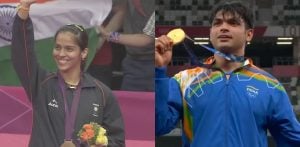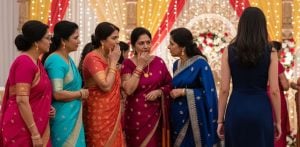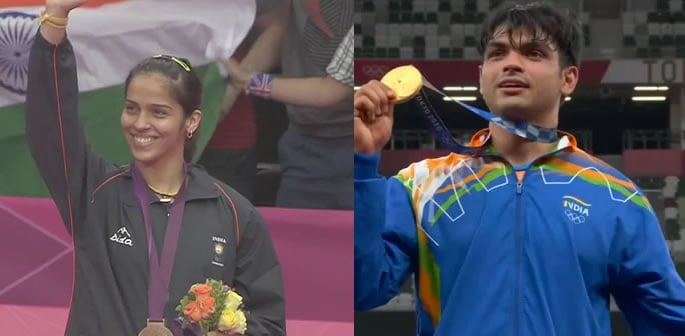"a meaningful role in our national journey"
India is poised to make history on two fronts.
In November, it is expected to be formally approved as host of the 2030 Commonwealth Games in Ahmedabad, a major step in its long-term ambition to bring the 2036 Olympics to the same city.
The decision, due to be ratified in Glasgow on November 26, is being viewed as a near certainty after the Commonwealth Sport executive board recommended Ahmedabad over an “ambitious bid” by Nigeria.
The 2030 Games would mark the centenary of the Commonwealth Games, and India’s selection holds symbolic weight for both the nation and the movement.
Commonwealth Sport chief executive Katie Sadleir said the recommendation is “strategically important for the future of the Commonwealth Sport movement”.
She added: “It builds on the platform that Glasgow 2026 will provide and sets a clear direction for the years ahead.”
The announcement has revived questions about whether India is ready to host an event as big as the Olympics.
Hosting the Commonwealth Games could act as a trial run, but India’s Olympic dream faces hurdles that extend far beyond stadiums and infrastructure.
From Commonwealth to Olympic Stage
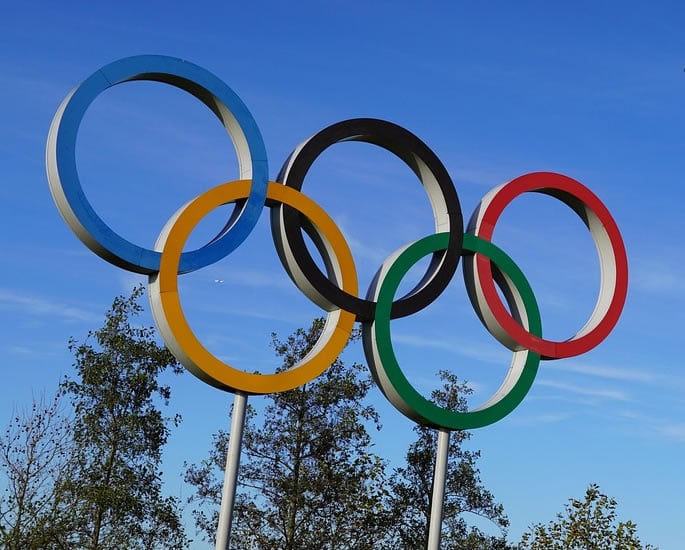
For India, the 2030 Commonwealth Games could be a strategic rehearsal for the Olympics six years later.
The Ahmedabad Games will test India’s ability to deliver a large-scale international event smoothly, something the nation has struggled with before.
The 2010 Delhi Commonwealth Games remain a sore memory, plagued by delays, corruption scandals and poor organisation.
This time, India’s leadership is determined to change that narrative.
The proposed 2030 Games in Ahmedabad are being championed at the highest levels, reflecting Prime Minister Narendra Modi’s broader push for India to be seen as a global power by 2047 – the centenary of its independence.
Dr PT Usha, president of the Indian Olympic Association (IOA), linked the event to this vision:
“It would be an extraordinary honour for India to host the Centenary Commonwealth Games.”
“The Games would not only showcase India’s world-class sporting and event capabilities, but also play a meaningful role in our national journey towards Viksit Bharat 2047.”
The Games also serve as a boost to the Commonwealth movement itself, which faced an existential crisis after Australia’s Victoria and the Gold Coast pulled out of hosting the 2026 edition due to cost concerns.
A smaller event will now be staged in Glasgow with just 10 sports.
India’s willingness to host the 2030 Games, therefore, signals both ambition and stability at a time when international sporting bodies are desperate for dependable hosts.
Adding to India’s advantage is the support of powerful figures within global sport, including Nita Ambani, a member of the International Olympic Committee (IOC) and part of India’s wealthiest family.
Her influence, coupled with the absence of strong rival bids for 2036, has made Ahmedabad an early favourite.
What are the Challenges?
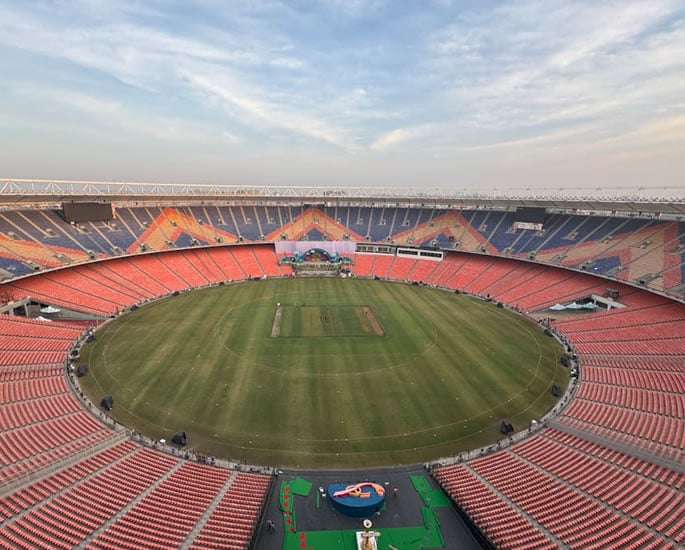
Yet despite growing optimism, significant obstacles remain.
The IOC reportedly gave India a “wake-up call” earlier in 2025 during discussions in Lausanne.
Concerns were raised over “mismanagement and governance issues” within the IOA, as well as the lack of a detailed plan for the Games.
India’s athletic performance also remains a weak point – the country finished 71st in the Paris Olympics medal table, with only six medals.
Another pressing issue is doping. India remains on the World Anti-Doping Agency’s watch list, recording 260 positive cases among national and international athletes in 2024.
Such statistics undermine the country’s credibility as a potential Olympic host.
For the IOC, maintaining clean sport is non-negotiable, and India must address systemic issues if it wants to be taken seriously on the global stage.
Political shifts within the IOC have also complicated matters.
New president Kirsty Coventry paused the host city selection process in July, responding to calls from members for greater transparency and involvement.
Initially, India had hoped for a swift, behind-closed-doors selection process similar to how Brisbane secured the 2032 Games. Now, with a more open system, every flaw in India’s bid will face scrutiny.
Another lingering concern is audience engagement.
Outside men’s cricket, India struggles to attract large crowds for most sports.
Without a strong sporting culture across multiple disciplines, hosting the Olympics risks becoming a spectacle without the spirit.
However, successfully delivering the 2030 Commonwealth Games could go a long way in rebuilding international confidence and inspiring greater public enthusiasm for sport.
India’s ambition to host the 2036 Olympics reflects both confidence and aspiration.
The country is stepping into a defining decade, one that will test its ability to deliver on grand promises while reforming long-standing issues within its sporting governance.
Hosting the 2030 Commonwealth Games in Ahmedabad is not just about prestige; it is a crucial proving ground.
If India can demonstrate transparency, efficiency and inclusivity while improving its sporting standards, the Olympic dream could become a reality.
For now, the world watches closely. India’s next steps will determine whether it can transform from an emerging sports nation into a genuine Olympic contender, one capable of staging an event that matches its growing global stature.





































